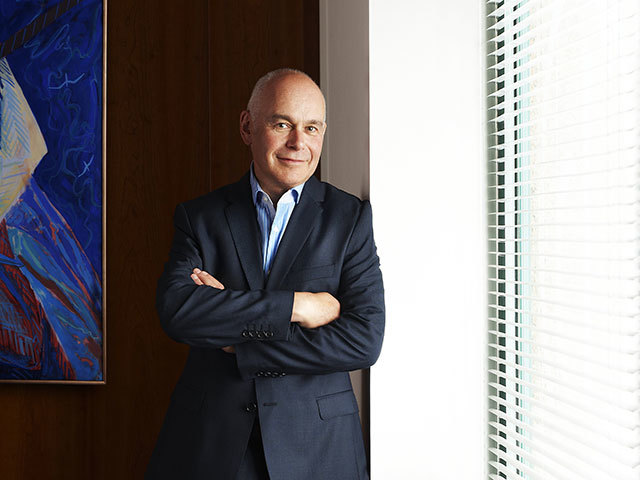
Rahm Emanuel, now the Mayor of Chicago, famously said “You never let a serious crisis go to waste. And what I mean by that, it’s an opportunity to do things you think you could not do before.”
While what we are experiencing just now may feel like an oil price crisis, that’s not really the root cause.
Where the crisis lies is in the high cost of recovering oil and gas – particularly from the North Sea. At the expense of stating the obvious, there are two variables at work which will determine the health of the oil and gas sector – price and cost.
The price of oil will take care of itself. There is not a lot that we can do about it. However, there is considerable work that the industry must do at the cost end, if it is to be sustainable.
I am not sure if it is true, but apparently the Porsche dealership in Aberdeen is the most successful in the UK. Does that tell us something about the leanness or otherwise of the sector?
We recently ran a conference in Aberdeen on the Future Shape of the Oil and Gas Industry. One of our speakers likened the approach the industry often follows to someone going on a diet.
We all know that research shows that if you lose 10lbs on a diet, after a year, you are likely to put on 10lbs plus. To lose weight longer term, you need to adjust your whole lifestyle – more exercise, more vegetables, more sleep.
Using that analogy, if the industry cuts 15% here and 20% there, that may provide some short term benefit. But to prosper, it needs to look at itself much more seriously.
It needs to be more efficient across the whole cycle of production. That means simplifying operations, standardising kit (not everything needs to be bespoke), collaborating with its stakeholders and eliminating waste.
What happened to the UK coal industry illustrates exactly how not to do it.
And it’s a virtuous cycle. Not only do operations become viable again, but the sector will attract more needed investment.
If the industry takes these steps, it can survive and prosper. But if it fails to do so, we will see it suffer death by a thousand cuts.
Philip Rodney is the chairman of Burness Paul LLP
Recommended for you
